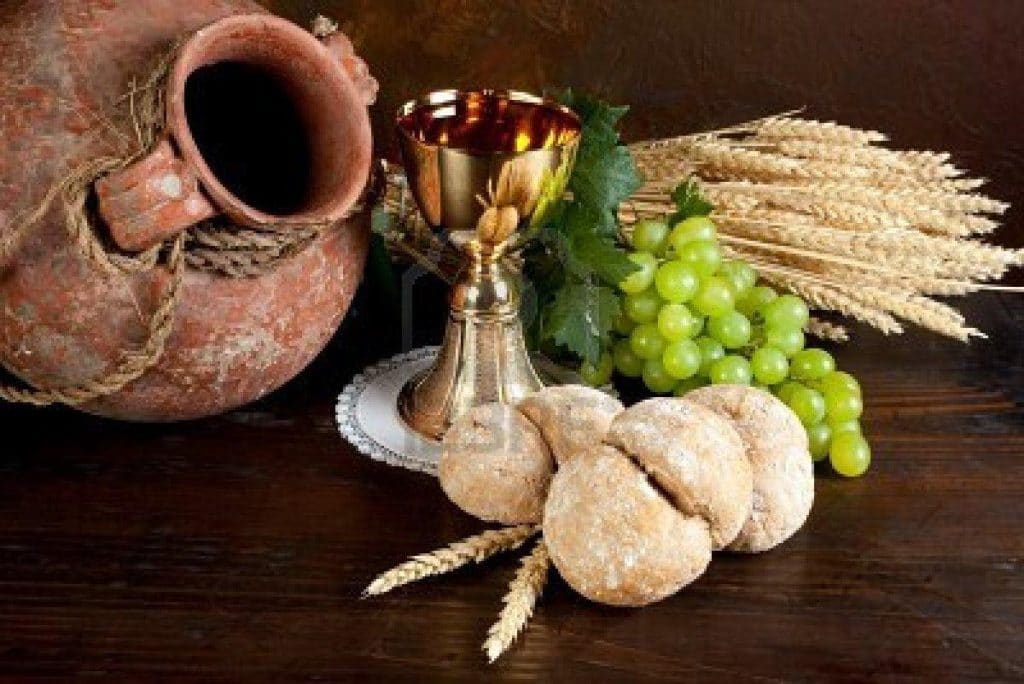The Vinedresser, the True Vine, and the Branches
Scripture Readings:Isaiah 5:1-7; 27:2-6; JOHN 15:1-17 (text); Romans 11:17-24
April 24, 2016 • Download this sermon (PDF)
Dear congregation of Christ: Our reading in Isaiah Chapter 5 is about a vineyard owner who planted a vineyard, tended and protected it with care, but when harvest came, his vineyard produced not sweet, but only bitter, wild and therefore, useless grapes. What a disappointment! God is the vinedresser. The vineyard is God’s covenant people whom he had chosen, planted and cared for until the vines brought forth fruit. In the Old Testament, it was Israel, as we read in Isaiah 5:1-7 (cf Jer 2:21; Hos 10:1).

In the New Testament, the vineyard is not the kingdom of Israel, but the kingdom of God, the church (Matt 21:28-46). “I am the true vine” is the last of Jesus’ seven “I AM” sayings in John’s Gospel. Chapter 15 is also part of Jesus’ farewell discourse to his disciples. Jesus himself is the true vine, his desire is to glorify his Father through the branches attached to him that bear fruit. But there are also unfruitful branches that are cut off from the vine.
So this is our theme today, “The Vinedresser, the True Vine, and the Branches,” under four headings: first, The Vinedresser Loves His Vineyard; second, The True Vine Glorifies the Vinedresser; third, Unfruitful Branches Taken Away; and fourth, Fruitful Branches are Pruned.
The Vinedresser Loves His Vineyard
Isaiah introduces Chapter 5 as a song by God’s “beloved,” a Hebrew term of endearment usually applied to a romantic relationship between a man and a woman (cf SoS 1:13ff). But here, the term is used by Isaiah for God. God is not only “the Holy One of Israel,” but his “beloved friend” as well. Our text is not just a song, but a “love song,” but what kind of a love song is this? It is a strange love song, because it talks about his dear friend’s unfruitful vineyard and how his friend will let it be ruined.
In this love song, Isaiah develops the story about the Lord’s vineyard in the form of an allegory, an Old Testament literary device that uses symbolic characters and events to illustrate a message. At the end of the story, the symbolism is usually explained, as Isaiah does so in verse 7: the vineyard is Israel itself whom God loved, provided for, and protected all her days.
To read the whole sermon, click here.




